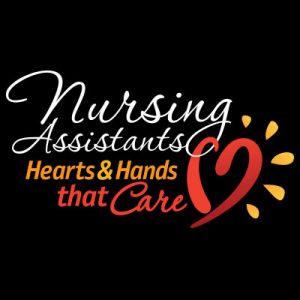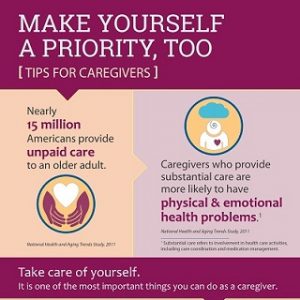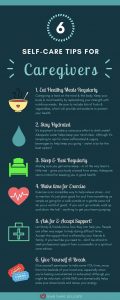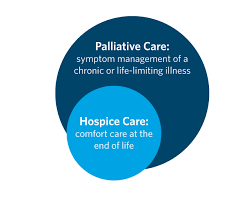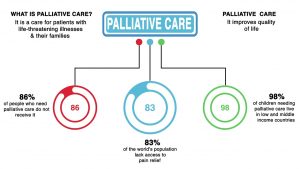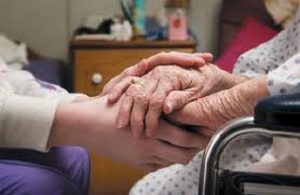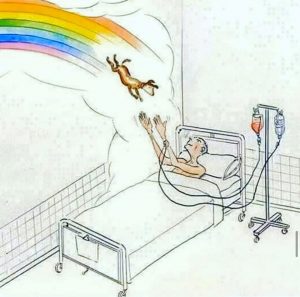Physicians are here to save lives and cure diseases. However, this is not always possible, and your physician may break some bad news to you- a cure is not attainable for your disease.
In an ideal world after receiving this news, your physician will refer you to hospice services early enough so you can benefit from all aspects of hospice care and your family/caregiver(s) will receive the necessary support.
Too often physicians run into barriers in referring a patient to hospice care because the family doesn’t understand what all hospice can do for their loved one and even the support services for the family. We have complied a list of some common barriers physicians may experience and some ways to conquer them.
Family Doesn’t Understand What Hospice Can Do.
One of the biggest barriers to hospice care is a lack of understanding about what hospice is and what it can do. Many families and members of the community think hospice is only used in the last days and hours of life. Contrary to popular belief, patients are eligible for hospice services when he/she receives a terminal diagnosis and a life expectancy of 6 months or less should the disease run its normal course.
Families don’t realize how much support they receive when their loved one is in hospice care. Patients in hospice care receive regular nurse, aide, social worker, and chaplain visits. Patients also have the opportunity to request volunteer visits. Volunteers can provide companionship to the patient, give the family a little break from caregiving, and can even do activities with the patient. The patient’s care team meets regularly to update the patient’s care plan and ensure the patient is receiving exceptional care.
Family Wants to Keep Patient Home.
Good news- hospice care is provided wherever the patient calls home! This can be in the patient’s/caregiver’s house, apartment, assisted living facility, nursing home, or the Lucy Smith King Care Center. If the patient wants to be home, we will provide the appropriate support the family needs to keep their loved one home.
Family Isn’t Ready for Hospice.
Hearing your loved one has a terminal diagnosis with six months or less to live (should the disease run its course) can be devastating. Many think that the “hospice diagnosis” means their loved one will pass away soon. It’s important for the physician to explain that hospice isn’t a “last resort” and with a terminal diagnosis, the patient needs the expert symptom management and support that hospice provides.
Family is Concerned About the Cost of Hospice.
Another answer with good news- hospice is covered 100% under Medicare, Medicaid, and some private insurances! Durable medical equipment, medications pertaining to the hospice diagnosis, medical supplies, nurse visits, aide visits, chaplain visits, social worker visits, volunteer visits, and bereavement care for the family are all covered! All of these supplies and visits are provided wherever the patient calls home (with the exception of bereavement which can be provided in the home but isn’t always).
Beginning hospice care does not take the place of the patient’s primary care physician. Rather, hospice care works in conjunction with the patient’s physician to ensure the patient is getting the best care possible.
(270) 826-2326 or visit our website at https://stanthonyshospice.org/referral/.




